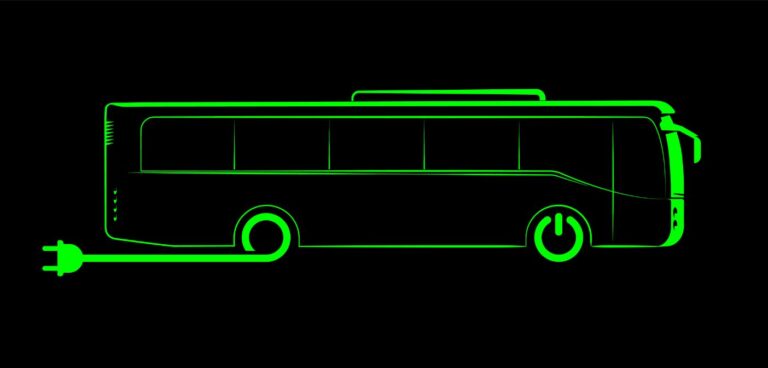Kleanbus, a UK company aiming to decarbonise the country’s bus fleet, has appointed former Transport for London (TfL) and Greater London Authority (GLA) air-quality specialist Lucy Parkin as its first director of environmental, social and governance.
Parkin has joined the main board of Kleanbus to lead the company’s relationships with bus operators, TfL, government and local authorities; and as an active part of the development team working to quantify the impact of the move to a zero-emission bus fleet on the public and organisations, such as the NHS and social care bodies.
She will also guide councils in formulating plans to meet clean air and climate goals through decarbonising their bus fleets.

Parkin joins Kleanbus following 12 years advising TfL and the GLA on air quality, focusing on policy development, analysis, and assessment. During that time she led the development and implementation of the mayor’s Air Quality Strategy, published in 2010, and undertook air-quality analysis to support TfL’s role in delivering the London Olympics.
Founded early last year, Kleanbus’ solution is designed to eliminate diesel pollution from the UK’s bus fleet by replacing diesel engines with an electric powertrain at a fifth of the cost and in a fraction of the time of buying a new electric bus.
“Kleanbus offers a unique solution that could play a vital role in helping authorities and operators meet their clean air targets faster and more cost-effectively than buying new electric models, and I look forward to working with our partners and stakeholders to guide and educate them on the many benefits of our solution,” said Parkin.
“Every diesel bus repowered by Kleanbus is a polluter removed from the road forever, and another step towards a zero-emission bus fleet.”
Parkin’s appointment comes as authorities and operators continue to work toward net zero targets and address mounting air-quality crisis facing UK towns and cities. The UK government has set a target of introducing at least 4,000 British-built zero-emission buses by 2024 through its national Bus Back Better strategy.





